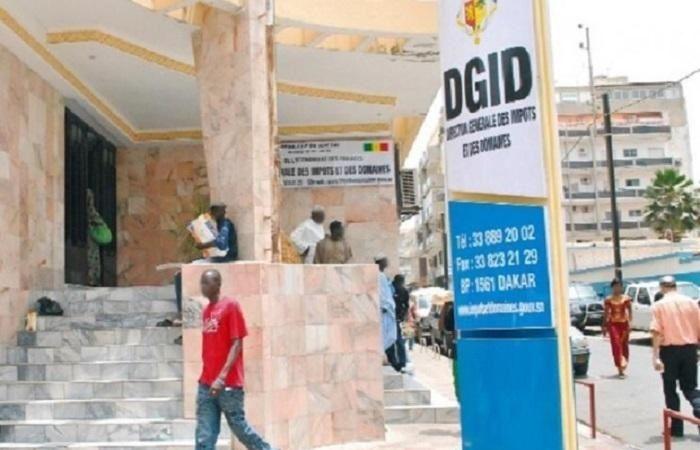The regime in place bases an essential part of its economic strategy on tax obligations in order to replenish state coffers, reduce the budget deficit and meet the financial needs linked to current expenses and strategic investments. This approach aims to consolidate the economic sovereignty of the country. To this end, the Prime Minister, Ousmane Sonko, during his General Policy Declaration (DPG) delivered on December 27, 2024, set the objective of increasing the tax rate to 20%, compared to less than 18% currently.
For a state to function effectively, a strong annual budget is essential to meet its financial obligations. This budget is mainly based on tax revenue, which comes from taxes and represents more than 95% of total state revenue.
In a country like Senegal, where challenges and emergencies are numerous, the current government, anxious to assert economic sovereignty, is banking on an extension of the tax base in order to mobilize sufficient resources. The objective is to reduce the budget deficit from more than 5% to 3%, in accordance with the convergence criteria defined by the eight member states of the West African Economic and Monetary Union (UEMOA), under the supervision of the Central Bank. West African States (BCEAO).
An ambitious fiscal vision for increased social justice
During his DPG, the Prime Minister presented a renewed vision of Senegal’s tax policy. This is based on reforms intended to strengthen the efficiency of tax revenue collection while guaranteeing better social equity. Among the priority areas are the gradual increase in the tax burden to 20%, in compliance with UEMOA standards, the rationalization of tax expenditures, and a targeted review of exemptions.
“We record a tax burden rate slightly lower than 18%, which remains below the convergence criterion of 20% set by the UEMOA. Our commitment is to reach this threshold and maintain it sustainably,” declared the Prime Minister.
A new director at the DGID to revitalize tax revenues
In order to achieve these ambitious objectives, a new director general of the Directorate General of Taxes and Domains (DGID) was appointed during the Council of Ministers of January 8, 2025. This is Jean Koné, principal inspector of class taxes exceptional. Its mandate consists of initiating structural reforms allowing increased mobilization of domestic resources, a review of tax exemptions, the renegotiation of international conventions, as well as the reintroduction of taxation of incoming calls.
As soon as he took office, the new director general expressed his determination to implement a more efficient and equitable tax system, affirming that this constitutes the basis of the DGID’s activities. “We will do everything we can to meet these challenges and thus contribute to national development objectives,” he declared on Radio Futurs Médias (RFM).
A strategy based on endogenous development
Determined to achieve the objective of economic sovereignty by 2050, the new authorities have adopted structuring reforms aimed at strengthening public finances and promoting sustained and inclusive growth. Prime Minister Ousmane Sonko insisted on the need for a fair balance between tax performance and socio-economic impact, stressing that these reforms aim to increase the fairness and efficiency of the national tax system.
Broadening the tax base with the “Yaatal” program
As part of the financing of public policies, the DGID launched in 2020 an ambitious tax recovery program called “Yaatal”. This program, which falls within the period 2020-2023, aims to meet the challenges linked to citizen contribution by broadening the tax base and optimizing the management of the land base.
The slogan in Wolof “Yaatal natt teggui yokkuté”, literally meaning “The contribution of all for inclusive development”, reflects the philosophy of this project. According to the Director General of the DGID, this paradigm was born from an alarming observation: “Too few citizens participate in the tax effort, while every Senegalese demands the right to quality public services. » This lack of tax culture, associated with an elitist perception of tax, constitutes a major obstacle to tax fairness.
The tax debt of press companies: a sector under pressure
In 2024, the tax debt of Senegalese press companies amounted to nearly 40 billion CFA francs. In March 2024, former President Macky Sall decided, following a meeting with the Council of Broadcasters and Press Editors of Senegal (CDEPS), to cancel this tax debt and reduce television broadcasting costs (DTS ) for audiovisual media.
However, President Bassirou Diomaye Diakhar Faye, during a meeting with young reporters on July 5, 2024, expressed a firm position on tax justice, declaring that these tax debts must be honored. “The blackmail will not pass,” he said. Faced with bank account freezes, tax claims and other administrative pressures, many media companies are now on the verge of asphyxiation, illustrating the growing tensions between the government and the media sector.






